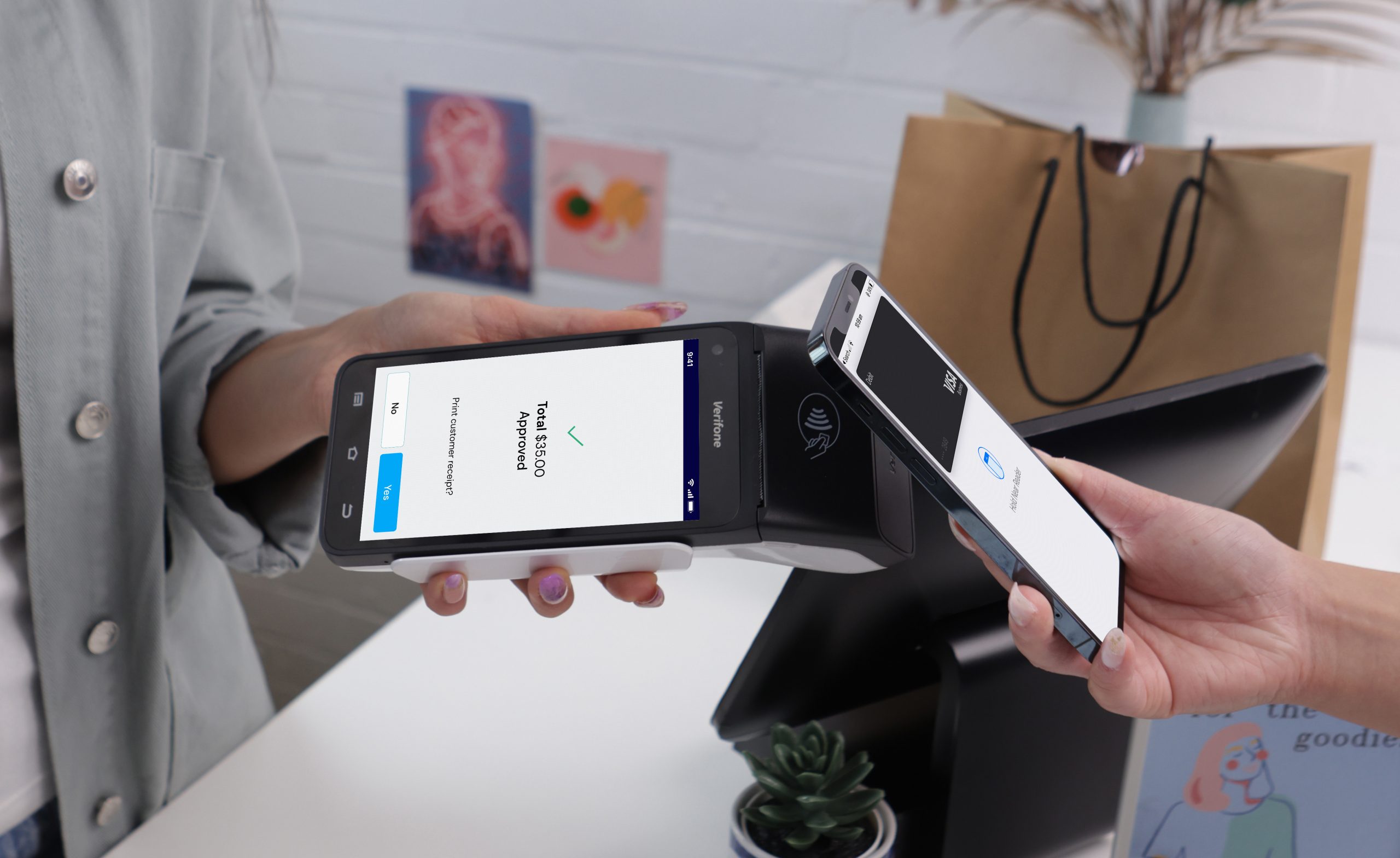Whether you are just starting out in the business world or you are a seasoned professional, understanding EFTPOS and the fees associated can be a hard thing to wrap your head around. We’re here to break down a few common questions surrounding EFTPOS fees and what they mean for you, as a business owner and as a customer.
Types of EFTPOS Fees
With the simple tap of your card to make a purchase, we tend to overlook the costs that such transactions involve. Despite this, it’s important to understand that businesses must pay fees so they can continue to accept cashless payments. When a customer pays with their card or digital wallet, the business is charged a number of fees by card schemes and payment service providers (think eftpos and Visa) to operate this service. This is why you may find that some businesses will operate on a cash only basis. So, are fees and surcharges the same thing? No, in this case fees are the expenses that the merchant incurs and surcharges are what the customer is charged by the merchant in return.
Is it legal to surcharge on EFTPOS?
Yes, while it is not mandatory, it is legal for businesses to charge (a.k.a. surcharge) EFTPOS fees to customers in Australia. It’s important to note that there are a number of rules that exist around this to ensure customers aren’t being charged unfairly. This is where the RBA and ACCC act as the guardian angels, ensuring surcharges charged by merchants are not ‘excessive’. Reasonable surcharges are estimated to be between 0.5% and 2% however this will vary between different business types. Basically, merchants are legally able to surcharge up to the average percentage cost of acceptance that appears in their annual statement for that particular card type.
What are merchant fees?
Merchant fees, or merchant service fees are the fees charged to businesses when they accept card (or contactless) payments from a customer. It is because of merchant fees that we see some businesses apply a surcharge when a customer pays by a cashless means. The fees differ depending on the type of card the customer pays with and the network which the transaction is processed through. Merchants can recover these service fees by surcharging their customers by passing the cost onto the customer directly or by factoring them into the price charged for goods and services. Bypassing merchant fees by surcharging your customers will help your business to cut down on those extra expenses.
Do merchant fees have GST?
All merchant fees and charges are subject to GST unless your tax invoice indicates otherwise. For more information on GST, please visit the Australian Tax Office website or contact them on 13 28 66.
Credit card fees
For a merchant, credit card fees are the charges they have to pay to accept credit card payments. There are multiple types of fees associated with each transaction and these vary on the type of card being used. It is typically more expensive for merchants to accept credit cards than debit cards due to the higher risks associated with credit.
Low cost and zero cost EFTPOS
With affordable terminal rental, no sign up fee and complimentary receipt paper rolls, Pago’s low cost EFTPOS allows your business to save more.
Once you enquire for Pago EFTPOS, one of our Account Managers will contact you to get more insight into your business. Here, we take a number of things into account, from your business size, to what type of business you have, to the number and kind of transactions you do each month. We will then provide you with a customised quote that is straightforward and tailored to your business.This keeps things nice and easy when it comes to your end of month processing as you won’t need to sort through the several different rates charged by the various payment schemes and processors. Without any hidden fees or contract rollovers, your business will be able to stay in control of the way you use Pago EFTPOS, whilst putting more savings into your business’ pocket. Plus, merchants can achieve zero cost EFTPOS with Pago if they choose to pass all EFTPOS transaction fees onto their customers via a surcharge. Visit our pricing page to find out more about our fee structure or ask one of our Pago team members about how you can do this.
To learn more about EFTPOS fees and surcharging, visit the ACCC website.
FAQs:
A surcharge is the fee that businesses can charge to customers who pay by card.
Yes, it is legal for businesses to charge surcharges to customers but they must not charge more than what it costs the business to accept the transaction.
Yes, shops can charge customers for paying via EFTPOS by adding a surcharge to the payment.
All EFTPOS fees are subject to GST unless your tax invoice states otherwise.






